How much countries could make by legalising marijuana
lovemoney staff
12 January 2018
The multi billion-dollar weed tax bonanza

Roger Bosch/Getty
The global legal cannabis industry is set to surge to $63.5 billion (£46.9bn) by 2024, and countries that permit recreational marijuana stand to make billions from sales duties and other taxes. We take a look at exactly how much tax money five governments around the world could potentially rake in.
Canada
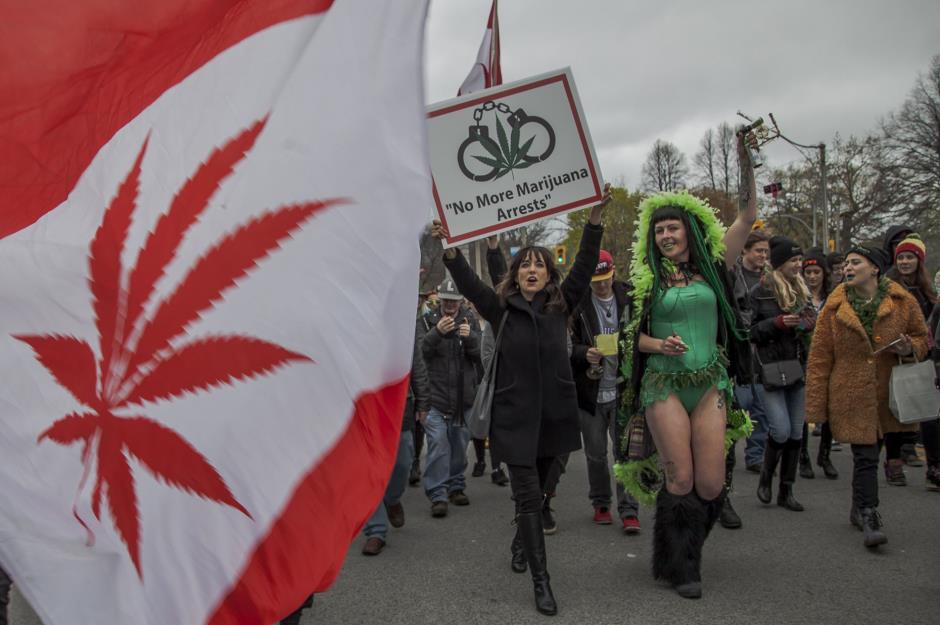
Johnny De Franco/Zuma Press/PA
Though medical marijuana has been legal in Canada since 2001, the country is poised to permit the recreational use of the drug by July, joining Uruguay as the only other nation in the world fully allowing non-medical consumption.
Canada
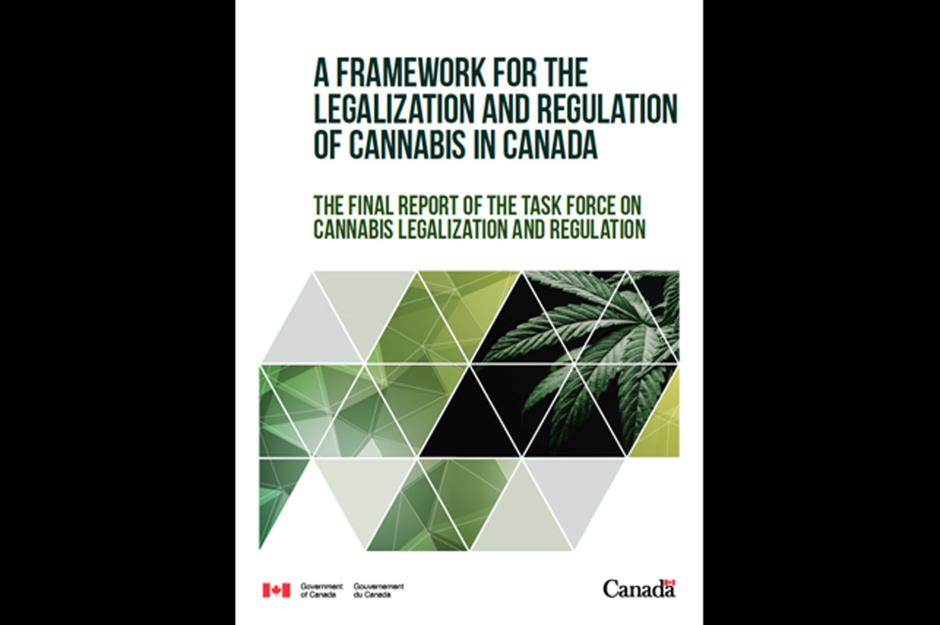
Courtesy Government of Canada
In October, the Canadian government hashed out plans to tax cannabis sales at 10%. Pot sales will also be subject to Good and Services Tax/Harmonized Sales Tax (GST/HST), boosting the potential tax yield to more than 20%.
Sponsored Content
Canada
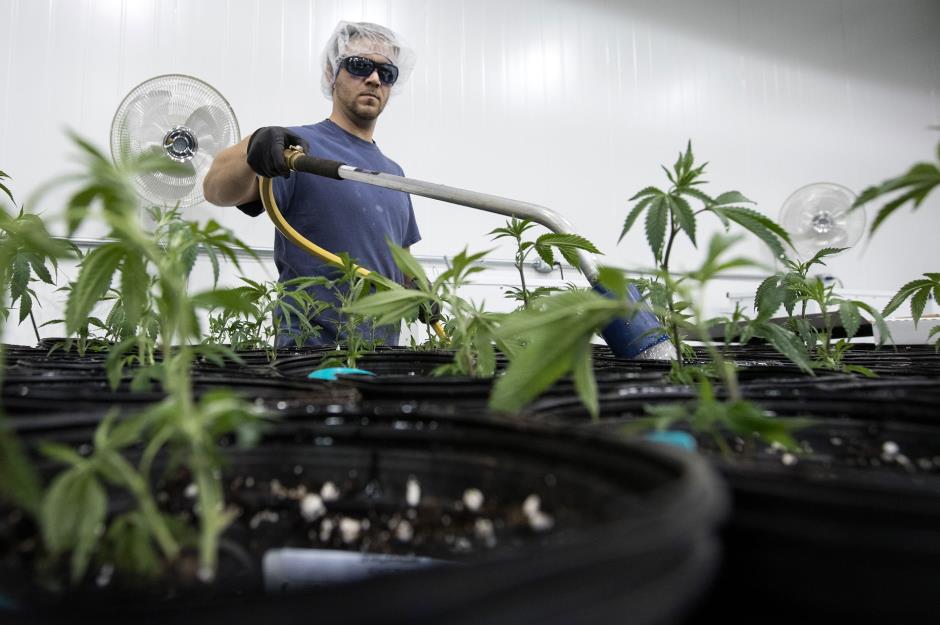
Lars Hagberg/Getty
Figuring out exactly how much tax money the government will collect is no mean feat and estimates vary wildly. Accounting giant Deloitte, for instance, predicts the Canadian weed market could be worth up to $18 billion (£13.3bn) a year.
Canada

Lars Hagberg/Getty
This colossal revenue would fill the tax coffers and then some, comfortably generating $3.6 billion (£2.7bn) in sales duty and other taxes, which would be split 50/50 between the federal government and the provinces.
Canada

Gagliardi Images/Shutterstock
The more sober official government projections expect the market to turn over $4 billion (£3bn) annually, pulling in taxes of around $804 million (£594m). Still, this sizeable sum of money could fund everything from new hospitals to improved social care for seniors.
Sponsored Content
USA
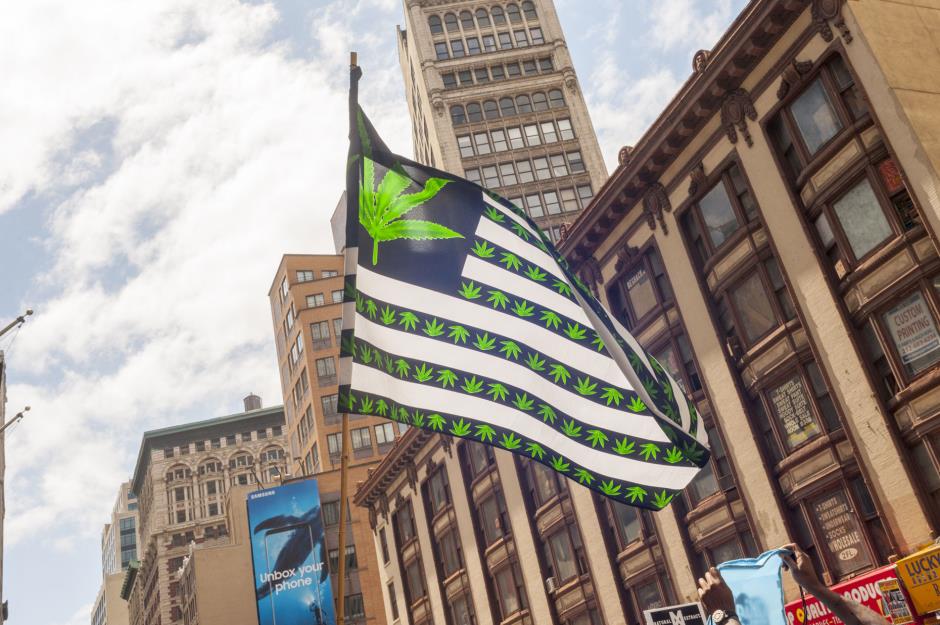
Richard B. Levine/SIPA USA/PA
Hot on Canada's heels, the USA is fast-becoming a legal pot paradise. Recreational marijuana is now legit in eight states and DC (with Vermont's governor saying he will approve a bill to legalise it there too), and the drug is permitted for medicinal use in an additional 21 states.
USA
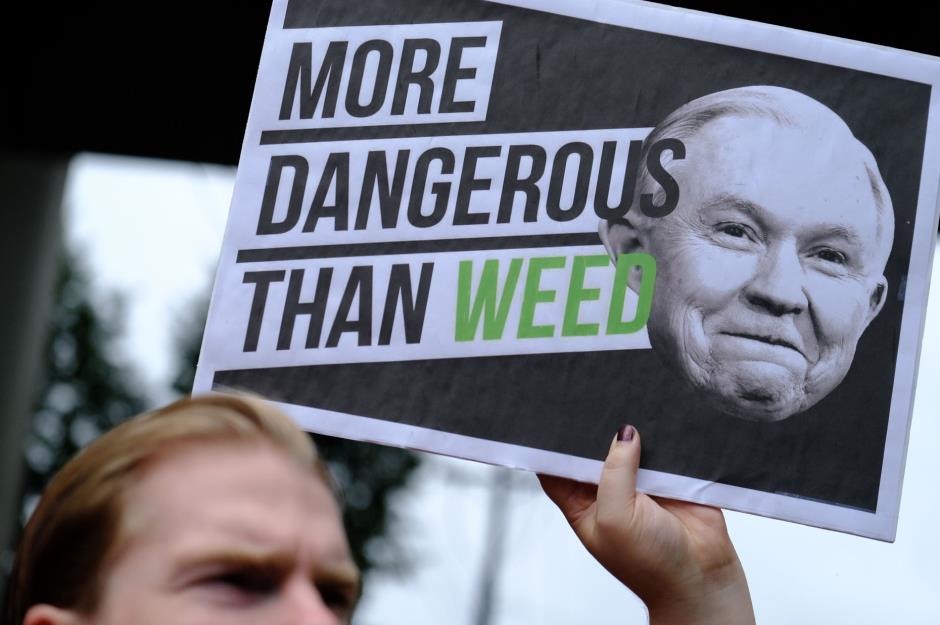
Alex Milan Tracy/SIPA USA/PA
Despite a potential crackdown by the Trump administration, with Attorney General Jeff Sessions keen to enforce federal anti-cannabis laws, the future looks bright for the US legal cannabis industry, and the projected tax benefits make for a strong argument in favour of legalisation.
USA

Tri-City Herald/ABACA/PA
States such as Colorado and Nevada, where recreational marijuana use has been legal for a number of years, have already collected hundreds of millions of dollars in taxes, which have been used to bankroll drug rehab programmes, schools, local police departments, and more.
Sponsored Content
USA

Robyn Beck/Getty
Recreational cannabis use became legal in California on January 1, and the state is set to cash-in big-time from lawful sales of the drug. The legal cannabis market in the Golden State is projected to be worth more than $5 billion (£3.7bn) by next year, bringing in a cool $1 billion (£738m) in tax receipts.
USA
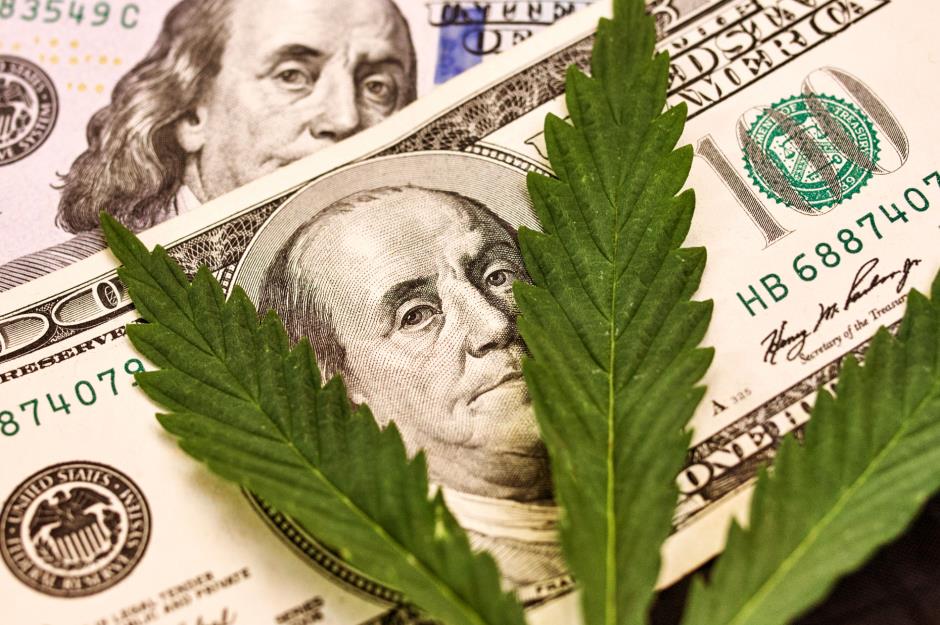
Shutterstock
If recreational marijuana was legal nationwide, the financial benefits would be enormous. According to Washington DC think tank the Tax Foundation, total annual sales taxes alone could top $8.8 billion (£6.5bn) at a 25% rate, and Harvard University economist Jeffrey Miron estimates the country could save an extra $7.7 billion (£5.7bn) on law enforcement.
UK
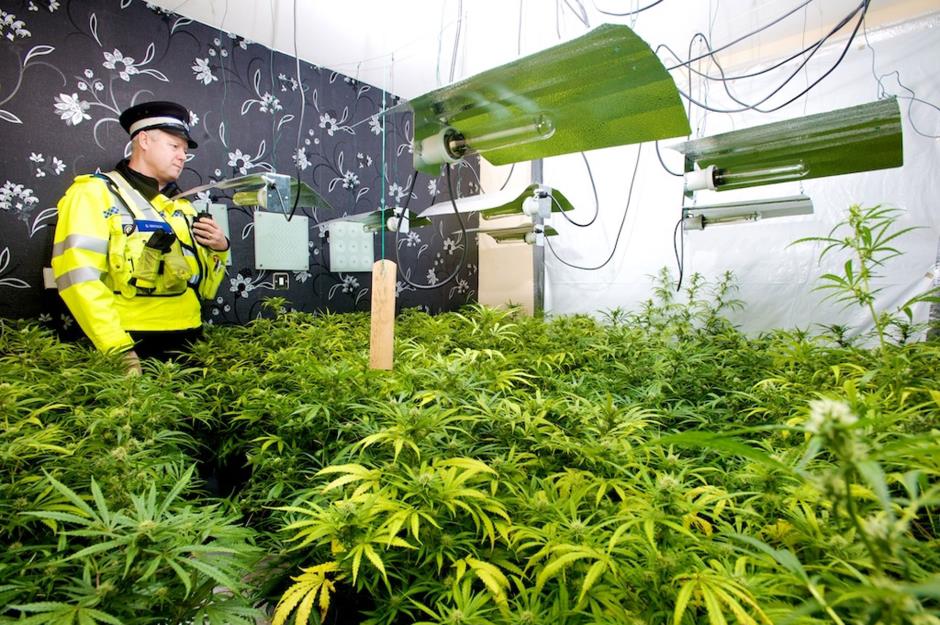
West Midlands Police/Flickr CC
Recreational cannabis is illegal in the UK, and while the police are increasingly turning a blind eye to possession of small quantities, users can still face hefty fines and custodial sentences if they're caught with the drug.
Sponsored Content
UK
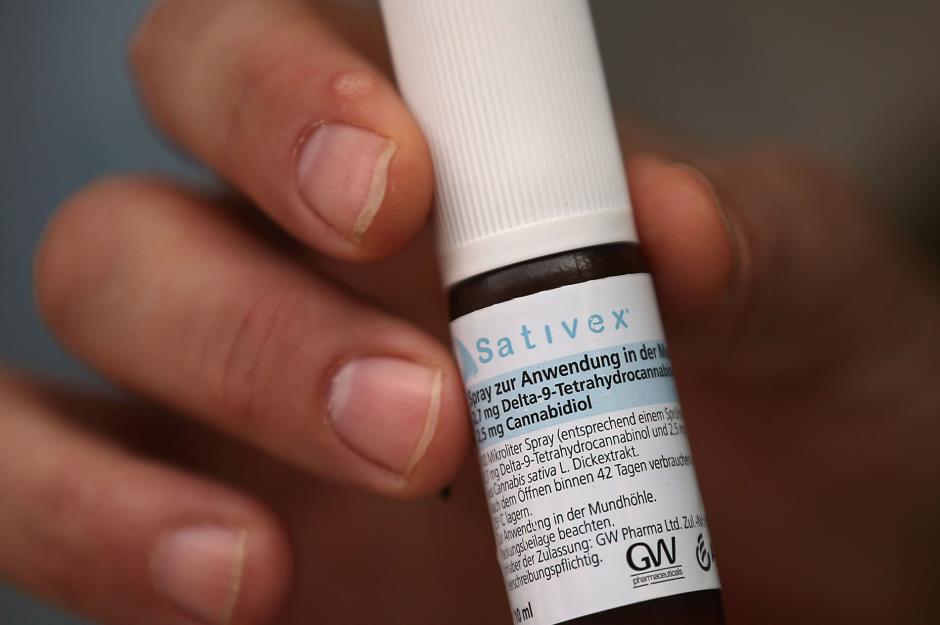
Oliver Berg/DPA/PA
Britain is slightly more open-minded about the medicinal use of the drug, but (semi) legal marijuana use in the UK is currently restricted to just one product: a prescription treatment for multiple sclerosis called Sativex.
UK
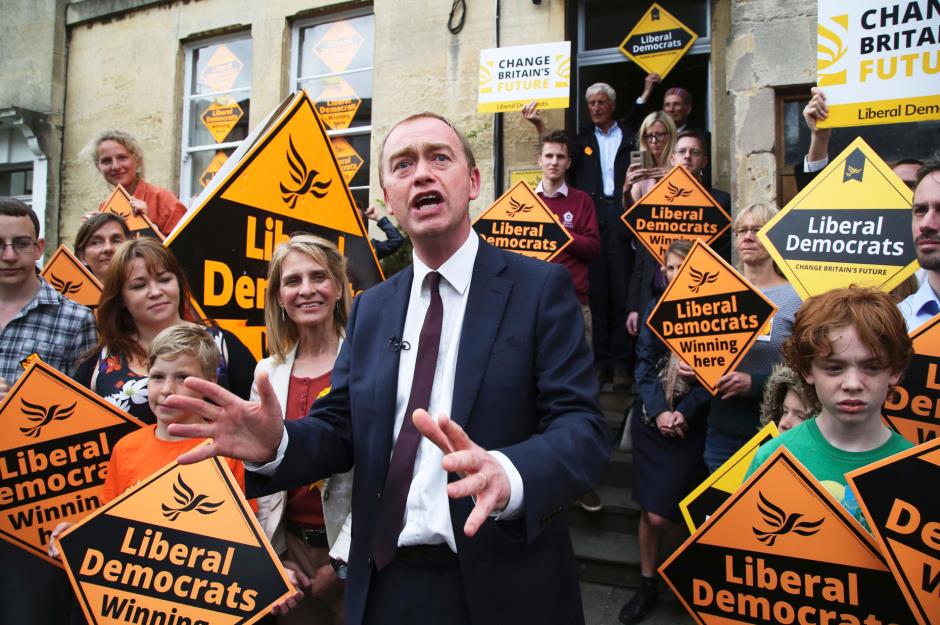
Geoff Caddick/Getty
High profile supporters of legalisation in the UK include the Liberal Democrat party, who put the policy in their election manifesto. An internal Treasury report commissioned by the party in 2015 when it was part of the coalition government found that legalisation of the drug would “generate notable tax revenue”.
UK

Duncan Andison/Shutterstock
The report estimates the UK could raise up to $1.2 billion (£900m) a year in taxes, money that could be used to fund the NHS, social housing projects, and so on. These figures are more or less backed up by the Office for National Statistics and conservative think thank the Adam Smith Institute.
Sponsored Content
UK

Liam McBurney/PA
The UK also stands to save a fortune on policing and court costs. On top of the tax revenue, the government is expected to save an additional $474 million (£350m) a year, bringing the total annual financial benefit of legalising cannabis in Britain to $1.67 billion (£1.25bn).
Australia

Nir Alon/Zuma Press/PA
Marijuana laws are more lenient in Australia, where the drug has been decriminalised for personal recreational use in three jurisdictions: Northern Territory, South Australia and the Australian Capital Territory.
Australia
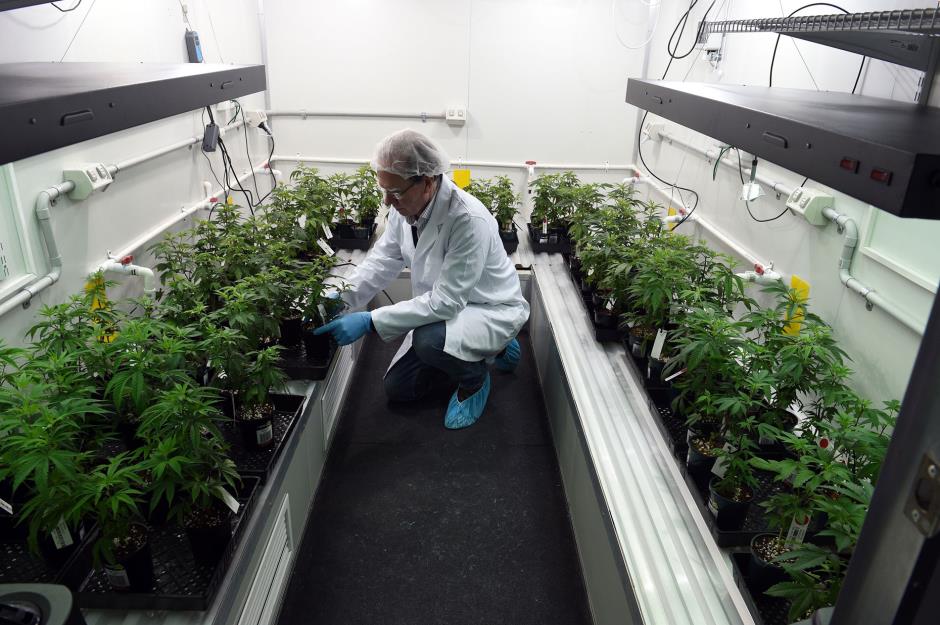
Saeed Khan/Getty
Medicinal marijuana has been legal in Oz since February 2016 and the government recently announced plans to legalise the export of therapeutic marijuana products. Health minister Greg Hunt has said he'd like the country to be “the world's number one supplier”.
Sponsored Content
Australia
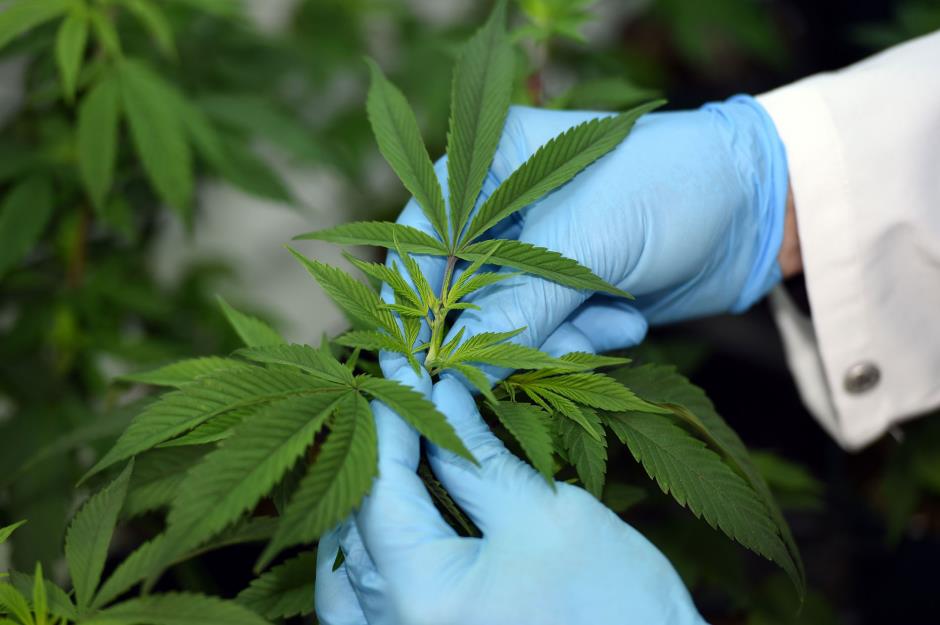
Saeed Khan/Getty
The Australian government expects sales of medicinal cannabis products to hit $1 billion (£738m) by 2020. While tax revenues on medicinal marijuana tend to be much lower than those generated by the sale of recreational products, Australia should still see a welcome boost to its tax coffers.
Australia

Courtesy University of Melbourne
If the Australian government does decide to legalise marijuana for recreational use, the tax benefits would likely be huge. University of Melbourne economist Liana Jacobi (pictured) tackled the subject in 2016.
Australia

Peter Parks/Getty
Jacobi predicted that up to 19% of the Australian population would use legal cannabis products for recreational purposes, generating $172 million (£127m) a year in taxes, or even more depending on the tax policies initiated.
Sponsored Content
New Zealand
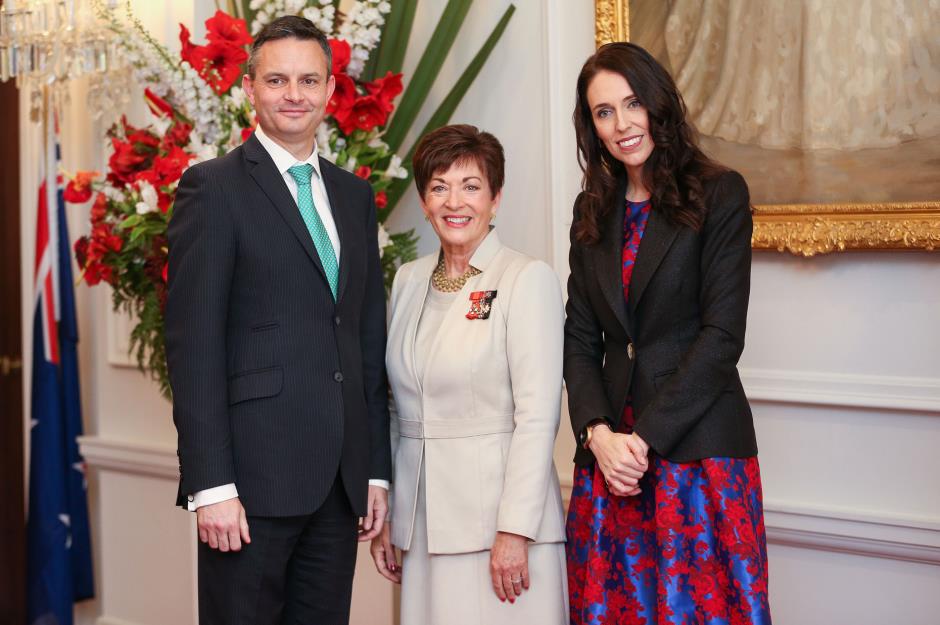
Hagen Hopkins/Getty
Medicinal cannabis has legal status in New Zealand, but recreational use is outlawed – for now. The new coalition government recently announced it would hold a referendum on marijuana legalisation by 2020.
New Zealand
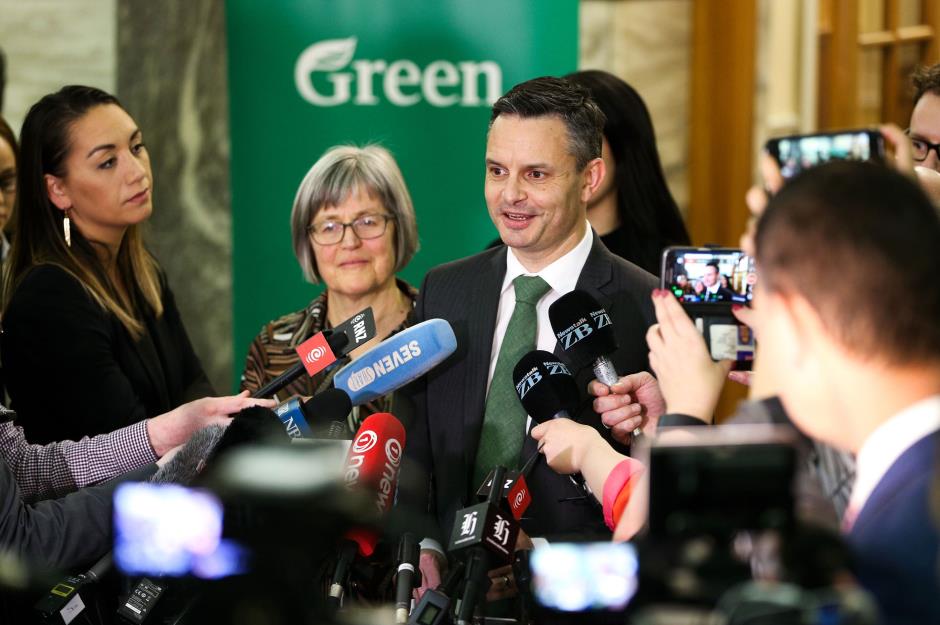
Hagen Hopkins/Getty
The Green Party-backed referendum could lead to a change in the law if the opinion polls are correct. They have shown consistently that a majority of New Zealand's voters support legalisation of the drug.
New Zealand

Shutterstock
Like the other countries in this round-up, New Zealand could raise serious amounts of tax money from taxation of recreational marijuana, cash that could be channelled into services that benefit the general population and help mitigate the negative effects of cannabis use.
Sponsored Content
New Zealand
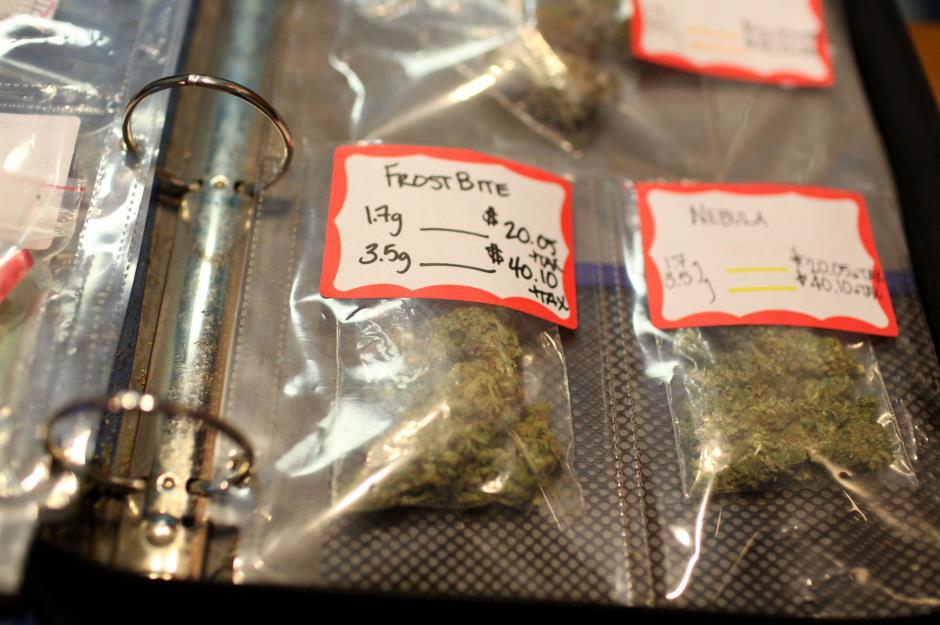
Justin Sullivan/Getty
Experts differ on exactly how much tax the Kiwi government would collect. Official government projections state the government is losing out on $49 million (£36m) in Goods and Services Tax and $104 million (£77m) in Company Tax a year.
New Zealand
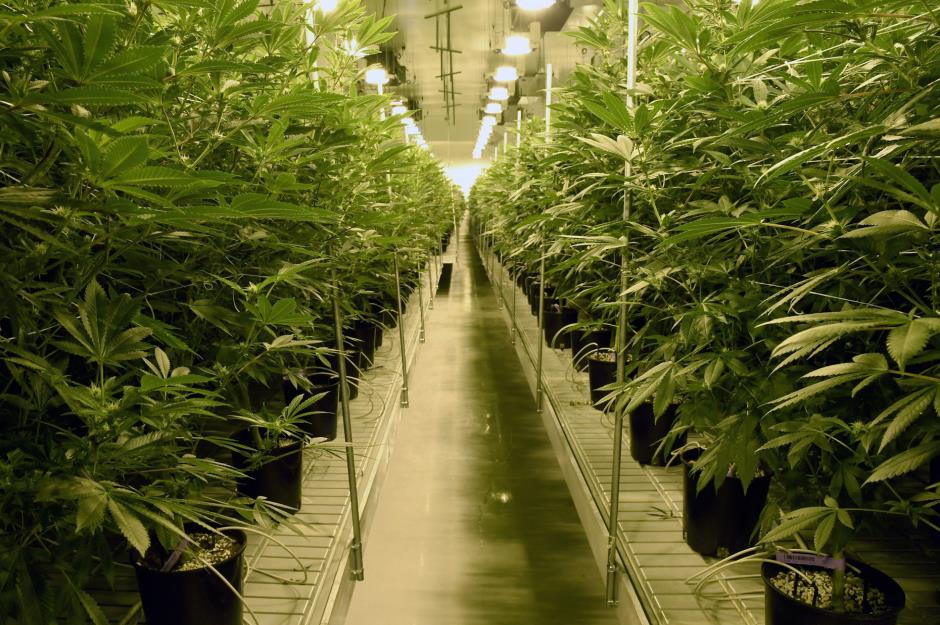
Ethan Miller/Getty
Think tank The New Zealand Initiative projects a potential total tax income of up to $144 million (£106m) a year, while the New Zealand Institute of Economic Research estimates a more modest annual tax revenue of $50 million (£37m).
Comments
Be the first to comment
Do you want to comment on this article? You need to be signed in for this feature